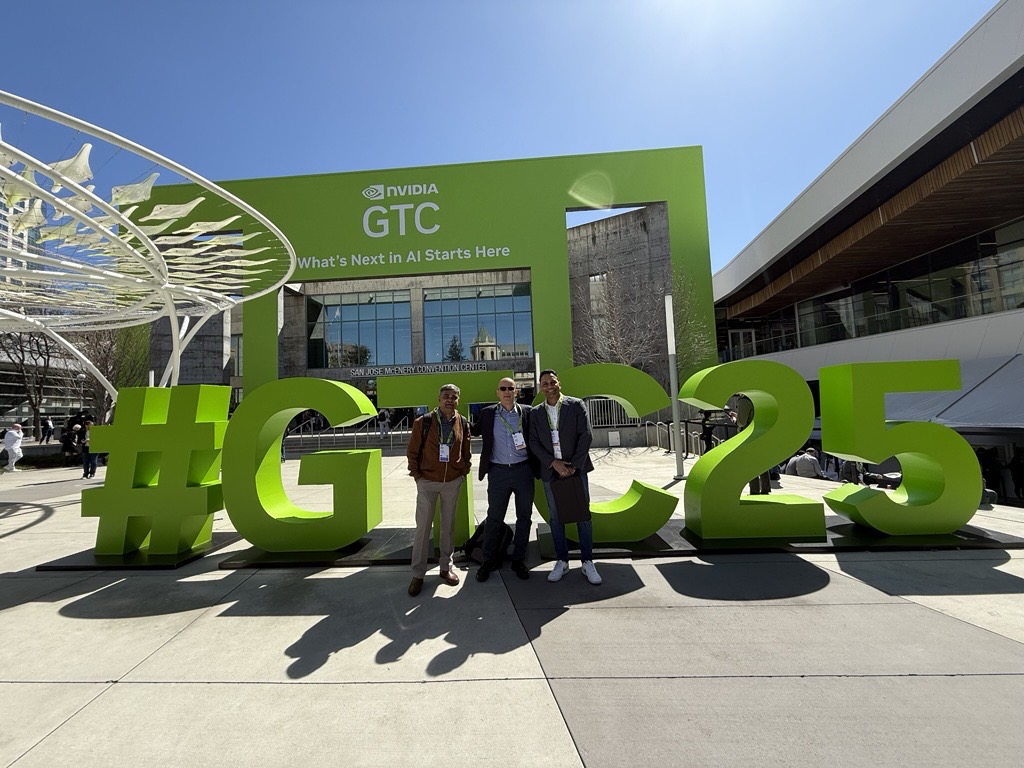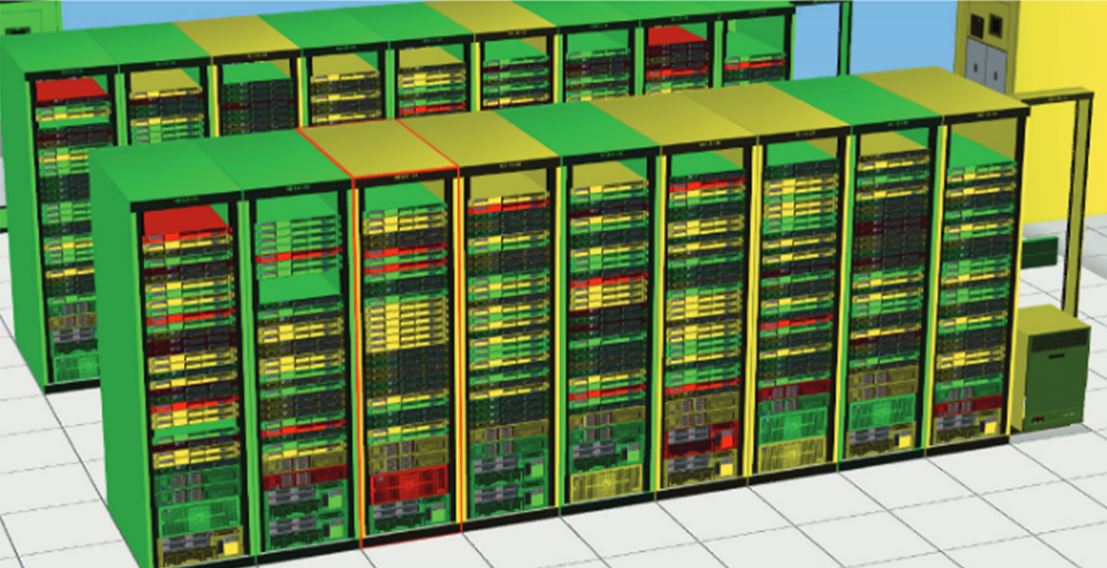 Guest commentary by Chris Pearson, President of 4G Americas
Guest commentary by Chris Pearson, President of 4G Americas
Oil, water, natural gas, gold, silver and… spectrum? Sometimes the world thinks of precious resources in terms of materials that they can see, feel and touch-but that isn't the case for radio spectrum. As an intangible object, it's easy for us to take spectrum for granted. We need to recognize that spectrum is one of the most precious resources that we rely on as a society to stay connected anytime and anywhere, whether we're using our smartphones, computers or other chosen devices. Wireless connectivity is involved in a variety of our communication needs, including situations involving public safety, emergency calls and rescue missions to name a few-with that said, the list is endless in understanding the benefits that spectrum provides.
In late 2013, 4G Americas published a dynamic white paper titled, Meeting the 1000x Challenge: The Need for Spectrum, Technology and Policy Innovation. The paper addresses the great efforts that are being made to offer solutions for the exponential growth in mobile data in the near future due to the widespread adoption of wireless broadband and smartphones in today's world. Predictions suggest that demand for mobile data could overwhelm the wireless network resources due to finite and limited spectrum availability.
A few key points of this important white paper include:
- More exclusive use of licensed spectrum is needed. The International Telecommunication Union (ITU), Next Generation Mobile Network Alliance (NGMN) and 4G Americas have all called for more licensed spectrum to be released for the wireless industry. In the U.S., the Federal Communications Commission's National Broadband Plan recommended the need to free up 500 MHz of additional spectrum by 2020.
- Utilizing advanced technologies such as HSPA+, LTE and LTE-Advanced, enables more efficient spectrum usage. Deploying more sophisticated antenna technologies, heterogeneous networks and small cells will increase our spectrum capacity and efficiency.
- Regulatory innovation must continue to progress. Forward-thinking regulatory initiatives such as Authorized/Licensed Shared Access should be used by governments looking to free up underutilized spectrum. For example, the U.S. Federal Communications Commission (FCC) is studying ASA/LSA as a way to enable mobile operators to expand into bands currently used by government agencies and other incumbents. ASA/LSA gives regulators a convenient new option.
In the end, you certainly can't drink it, start your car with it, heat your house with it or create some nice jewelry with it. Yet, spectrum has a place for serious consideration as a vital and valuable limited resource for society, providing productivity, connectivity, safety and emergency communications capabilities. Let's make sure we put it to the best use for the citizens of the world through the important initiatives outlined in 4G Americas' 1000x white paper.





